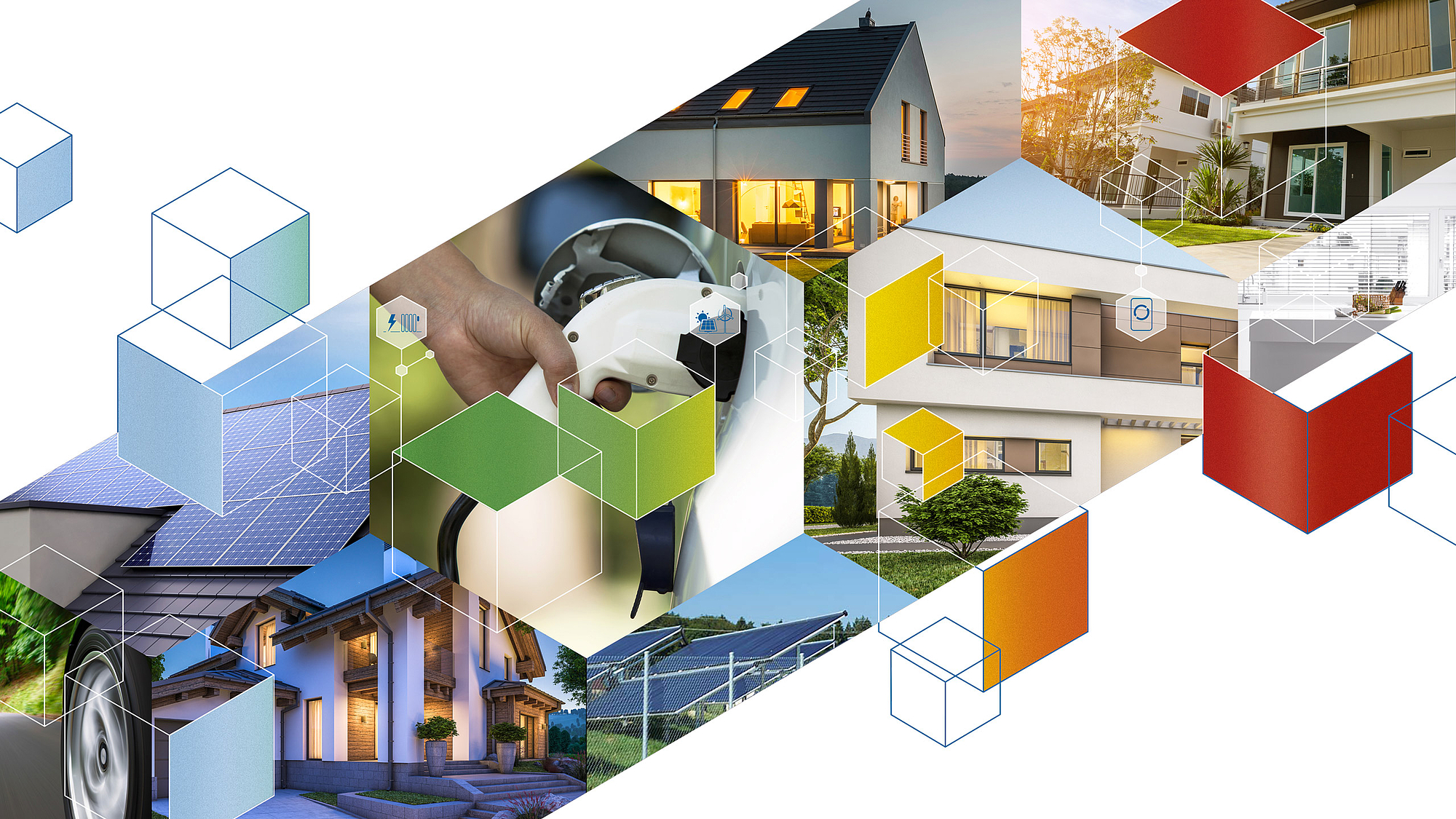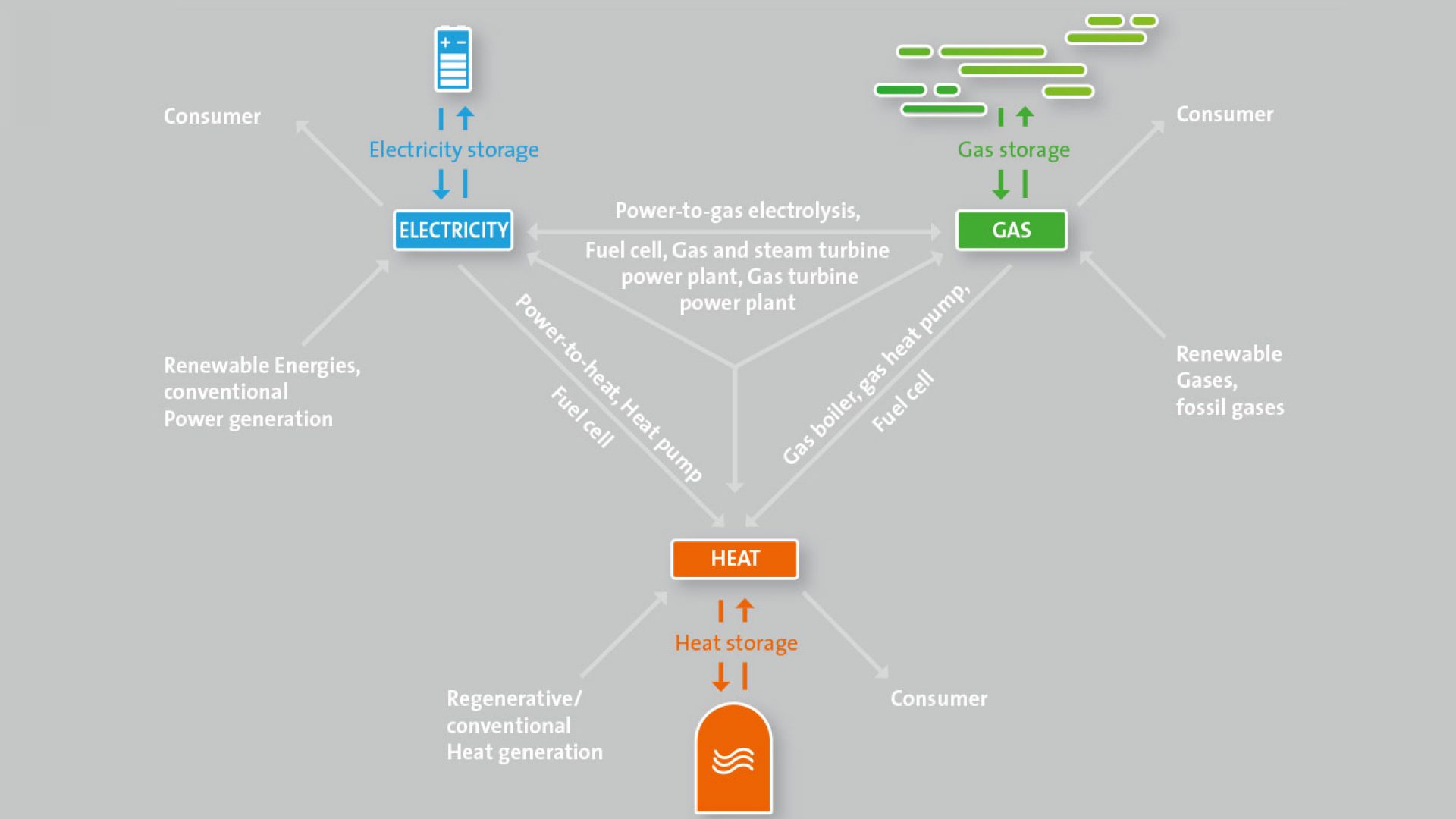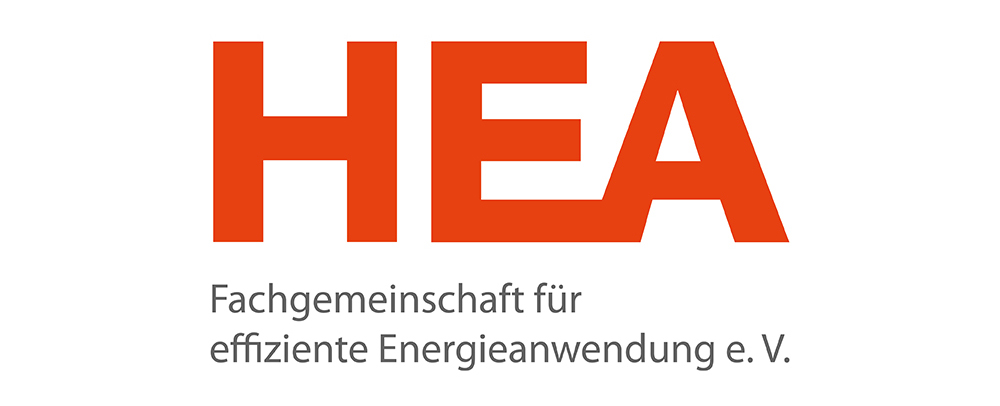The keyword "energy revolution" is generally associated with the use of renewable energies for the generation of electricity. Nevertheless, the energy system goes well beyond the provision of electrical energy. Especially in the heating and transportation sectors, the share of renewable energy is still low at present. Fossil fuels still dominate the energy supply.
An energy revolution in all sectors can be achieved only by a conversion to renewable energies in each individual sector. This can take place directly in the sector itself, for example, in buildings, by using solar thermal energy for heat generation, as well as by using renewable energy from the power generation sector.
Electricity is already being generated at present in Germany to a large extent from renewable energy sources, with the share of the gross German domestic electricity generation being about 45 % in 2020. By 2030, the share is expected to be around 65 %. This means that electrical energy will develop into "green energy" in the next few decades.
A holistic approach to the energy revolution is needed for the integration of volatile renewable energy sources. Only a systemic approach will open up the potential solutions that would be difficult to develop as long as industrial sectors are considered in isolation. This means that the energy potential of one sector can be used in another sector.
Sector coupling: Using the potential of electrical domestic heating systems
Harnessing electrical However, electrical energy can be stored only to a limited extent compared to fossil fuels. Sector coupling extends the range of potential conversions beyond conventional storage by involving other sectors. The flexible use of electrical energy in the heating market is a good example for this purpose. Electricity can be converted to heat in buildings by means of heat pumps, electronic flow heaters or direct electric heating systems. The latter may also be used as a component in hybrid heating systems.
Power-to-Heat as a building-independent solution
Harnessing electrical energy in the heating sector, also known as Power-to-Heat (PtH), can also be deployed beyond the limits of buildings and even in urban quarters. Electrode boilers or heat pumps can be used to convert large amounts of electricity of up to several megawatts for the provision of a heat supply. Heating networks play an important role in bridging any spatial gaps present between the heat source (e.g., in the PtH boiler) and heat sinks (e.g., in private households or commercial facilities). The integration of "green electricity" increases the share of renewable energy sources (RES) in supplying heat to existing buildings in urban areas.


